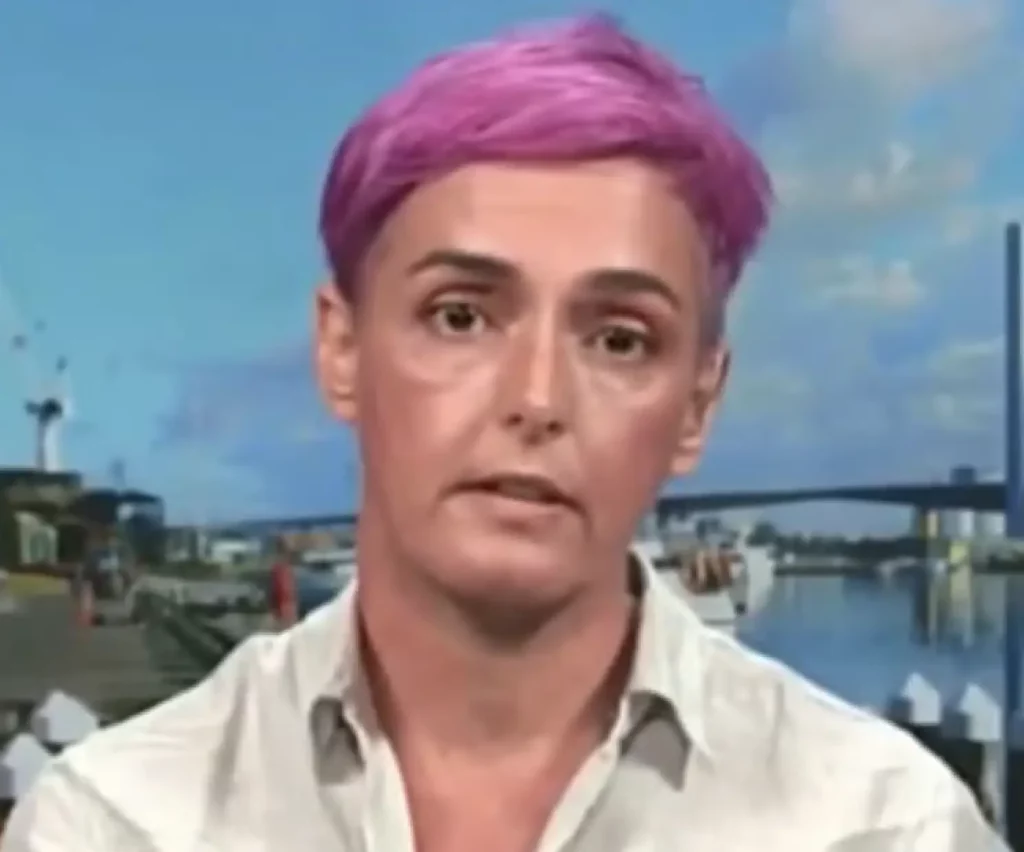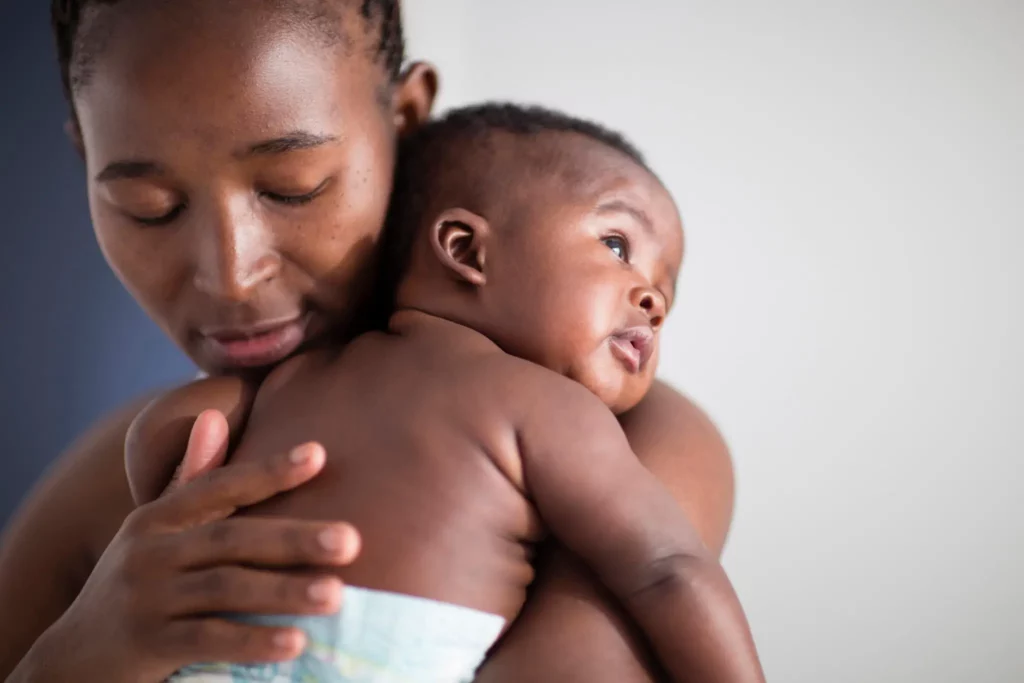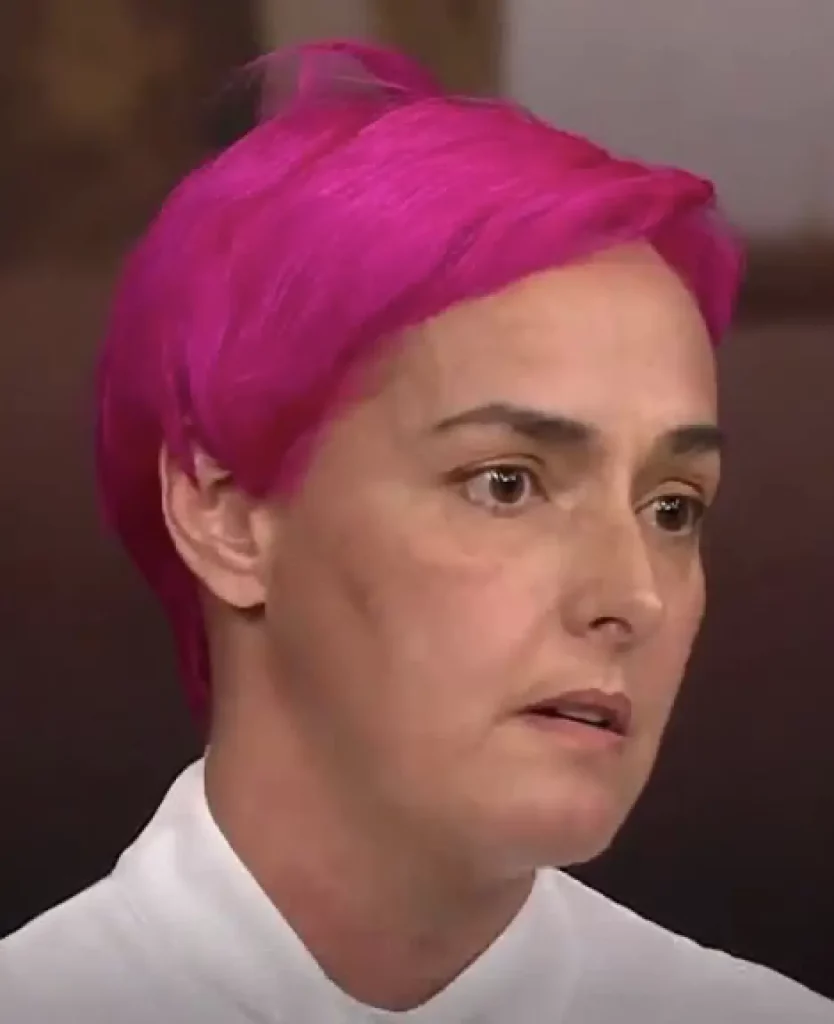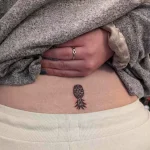An author and educator has had to defend her statement suggesting that parents should seek their babies’ consent before changing their diapers.
Sexuality expert Deanne Carson sparked controversy with her remark during an ABC News segment discussing consent laws.
The expert stated that parents should establish a culture of consent from an early age, providing an example such as asking, “I’m going to change your diaper now, is that alright?”
She noted that while a baby may not verbally respond, there are other ways to indicate consent, explaining, “By allowing a moment for body language and making eye contact, you’re conveying to the child that their response is important.”
Carson’s perspective has ignited significant debate on social media.

One commenter shared, “I recall saying things like, ‘Time to change the diaper! Someone has wet pants! Let’s get a clean diaper on!’ But asking an infant for permission? That level of absurdity is truly unimaginable.”
Another chimed in, “Honestly, when their diaper needs changing, they cry—that’s their way of communicating! What has the world come to?”
A third commenter pointed out, “When a baby cries, it’s often their way of asking to be changed since it’s the only way they can express discomfort. Failing to change a child in that situation is neglect.”
Another person questioned, “What if they say no? Are we just supposed to leave them to develop a diaper rash?”
On the other hand, some have come to Carson’s defense. One supporter wrote, “I fully support the idea of asking for consent before changing a child’s diaper and allowing them time to process the request. Kudos for bringing up such a challenging topic for discussion.”
Another commenter added, “I don’t ask for consent to change diapers. However, as an early childhood educator responsible for changing other people’s children’s diapers, I always explain to each child what my intentions are and what will happen as I take them to the changing room.
It’s not because the child has a choice, but because I value the relationship I have with each child.”

Katie Russell, a representative for the non-profit sexual violence organization R*** Crisis England and Wales, has come to Carson’s defense.
In an interview with Newsweek, she stated, “She is making a very reasonable argument for fostering a ‘culture of consent’ in homes and with children starting from the earliest age.”
“This initiative focuses on encouraging parents and caregivers to develop positive habits by not assuming consent from their children, as well as teaching children that they have the right to make decisions about their own bodies.”
Similarly, parenting coach Julie Romanowski notes that there are instances where parents have insisted their children do things instead of asking for their cooperation.
“Requesting a hug from a child instead of demanding one shows respect for that individual, regardless of their age.
This is not only proper etiquette but also a fundamental way to honor their rights over their bodies and their lives,” she explains, according to Global News.

Carson also responded to the significant backlash she received.
The expert expressed on the New Matilda website that she has been inundated with responses and “vile messages” that keep pouring in.
She clarified, “My intention was not to imply that you need a baby’s consent to change a diaper. When it comes to health, hygiene, and safety, there are certain things that are non-negotiable.”
“The strategy focuses on modeling active communication between individuals during intimate or vulnerable moments from an early age.
It involves demonstrating to children what care looks like in these contexts and fostering a family culture where the skills necessary for negotiating consent as adults are integrated into daily interactions.”





